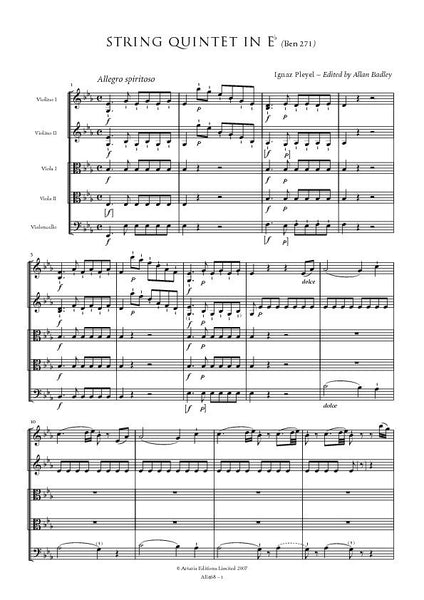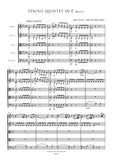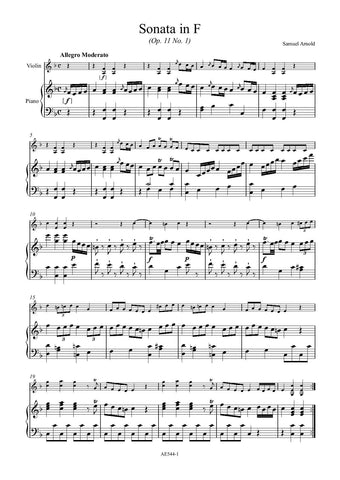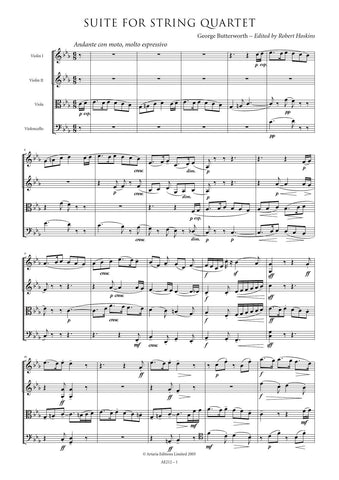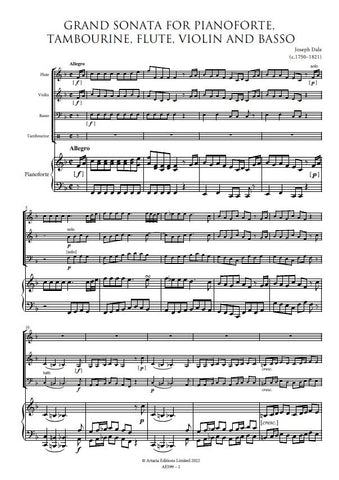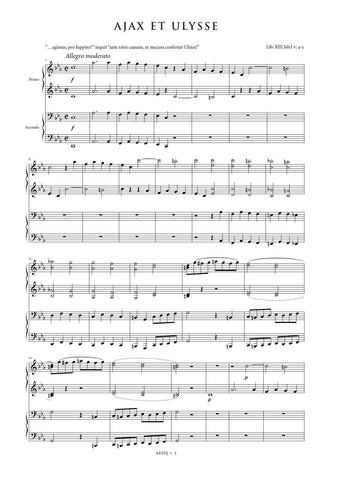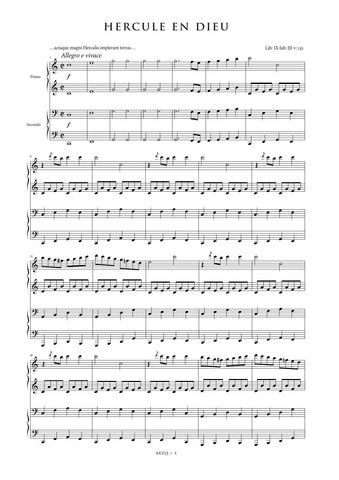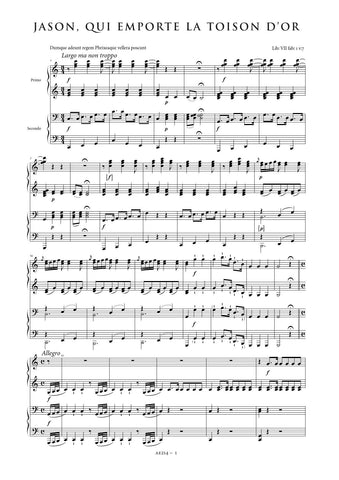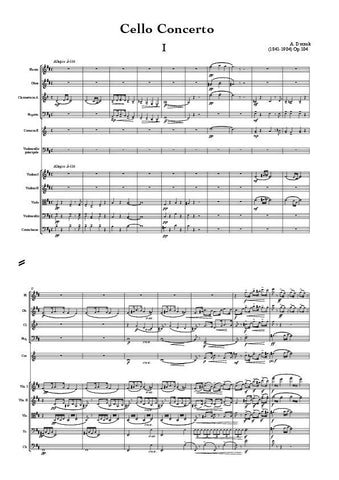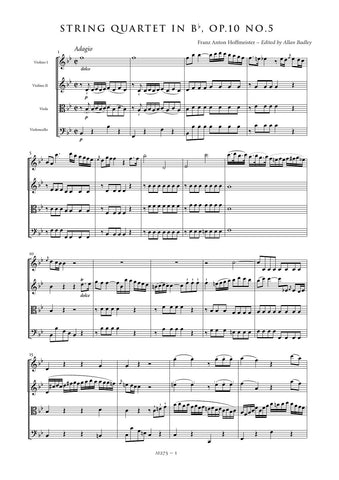Pleyel, Ignaz: String Quintet in E-flat (Benton 271) (AE468) – sheet music
Previous Product Next Product
Description |
Pleyel, Ignaz (1757-1831)
|
||||||||||||||||||||
Details |
Ignaz Pleyel (1757-1831) was at one time the most famous composer in the world. The popularity of his music eclipsed that of even his teacher Haydn and publishers vied to bring out his latest works as soon as they were finished. Some 2000 separate prints of Pleyel works had appeared by 1800 and his fame extended to every corner of Europe and as far afield as North America. Pleyel's career as a composer spanned less than thirty years with the majority of his works composed in the 1780s. He founded a successful publishing house in Paris in the mid-1790s and later began manufacturing keyboard instruments. With increasing demands on his time from his business concerns Pleyel's productivity as a composer dropped sharply and he ceased composing around 1805. The present work was the first of fifteen quintets composed by Pleyel between the years 1785 and 1789. Pleyel's fascination with the textural clarity and simplicity of Italian music has been noted in connection with his string quartets and the quintets pursue a similar stylistic path. Extended solo passages are given to each member of the ensemble and these are underpinned by the simplest and most transparent of accompaniments. The violins and violas are frequently deployed in pairs which creates interesting possibilities for antiphonal effects along with a denser texture in the middle of the ensemble. The violoncello is generally employed either in its traditional bass-line role or as a solo instrument: it is rarely coupled with another instrument in its extended solos. Pleyel's works tend to be thematically dense rather than motivically dense and in this respect they bear a similar kind of relation to Haydn's works as Schubert's do to those of Beethoven. Although motivic links between thematic ideas do exist from time to time, Pleyel revels in juxtaposing strongly-contrasting melodic ideas and interpolating new themes. Allan Badley |
||||||||||||||||||||
Score Preview (best viewed in full screen mode) |
|||||||||||||||||||||




